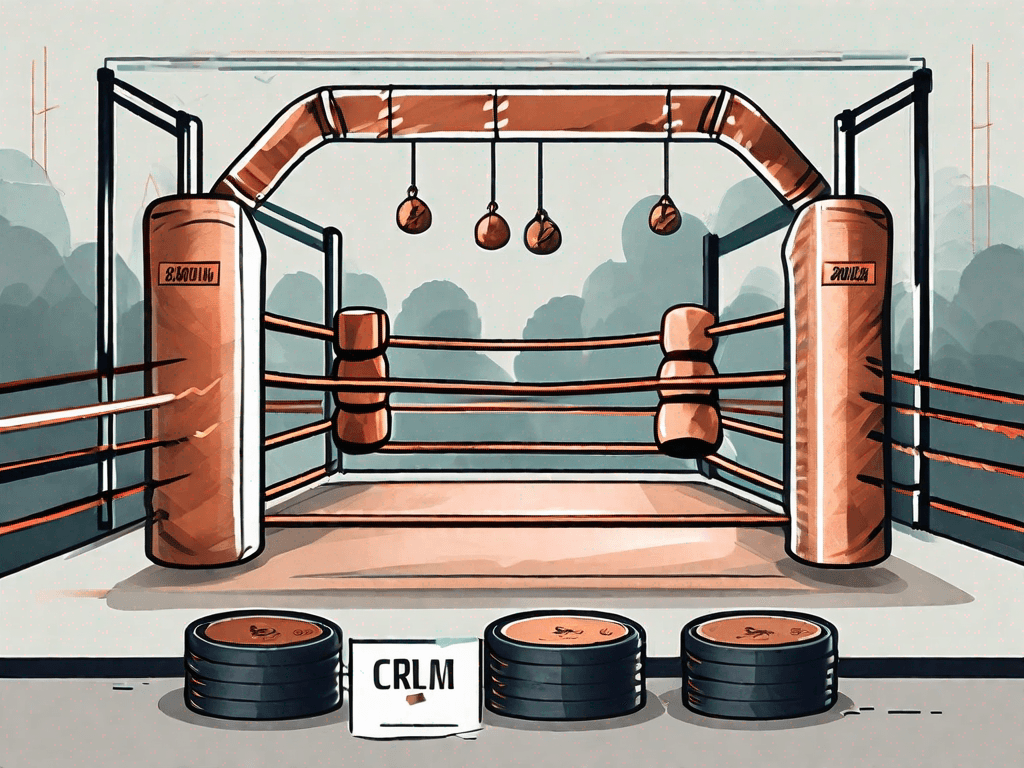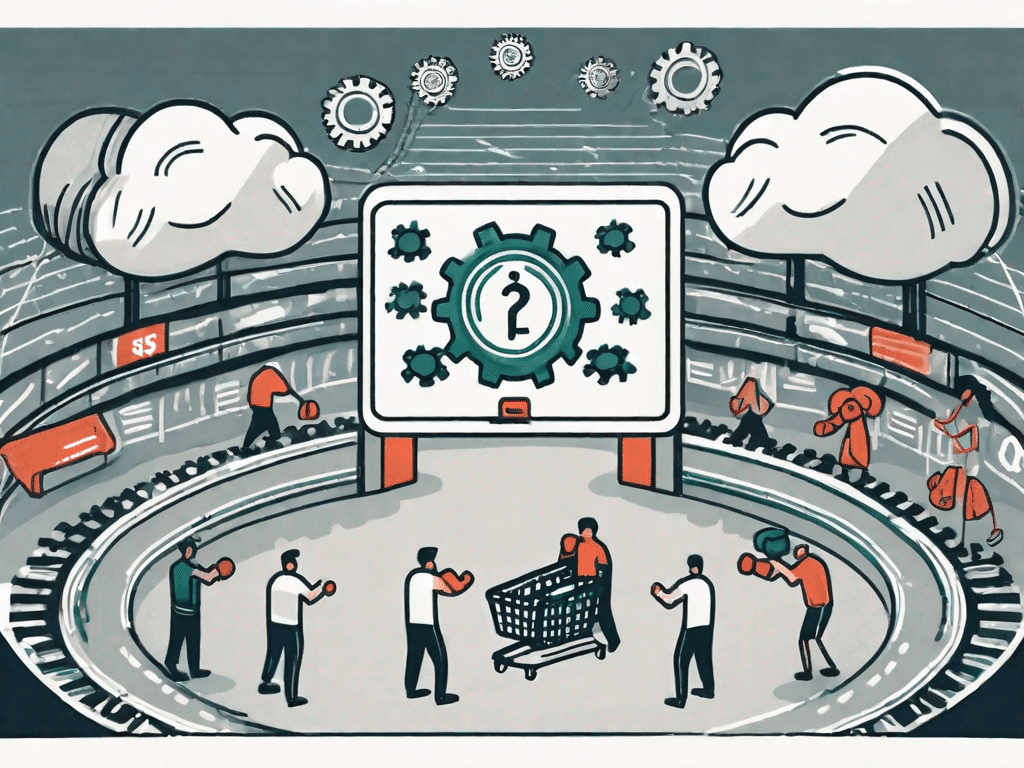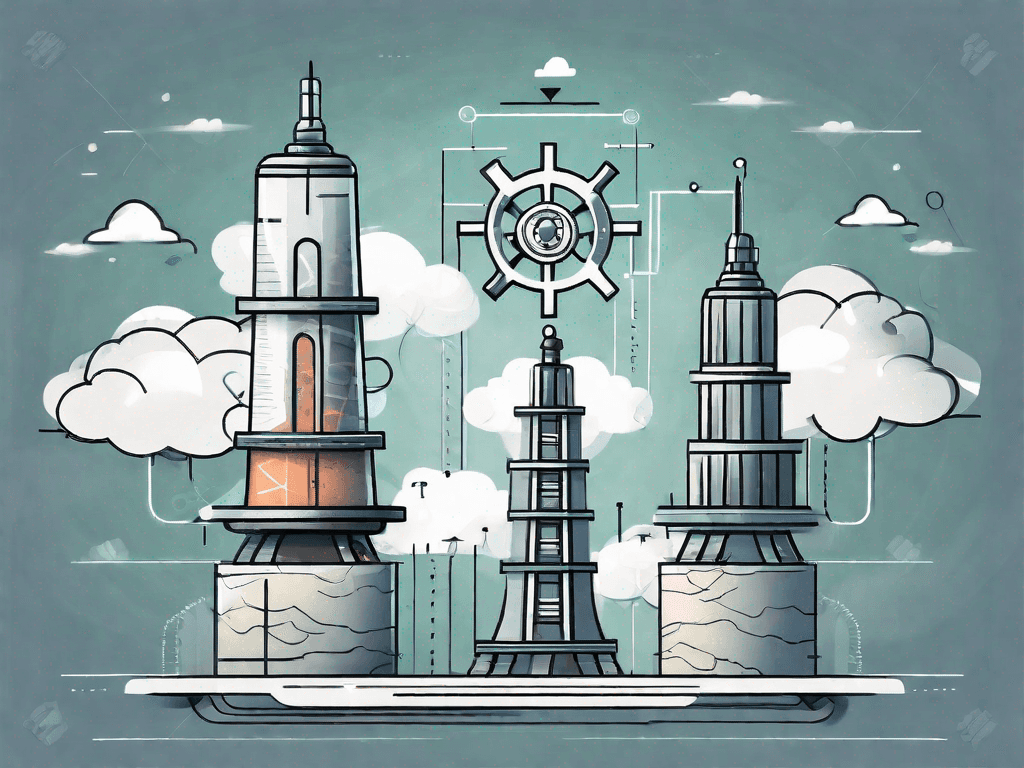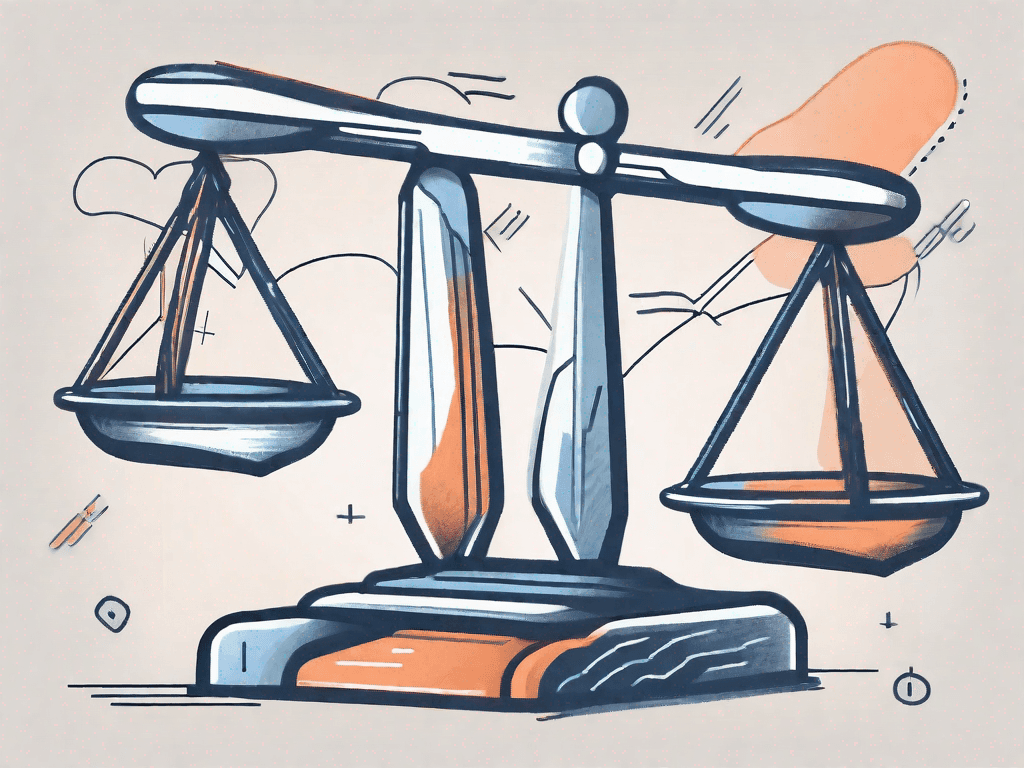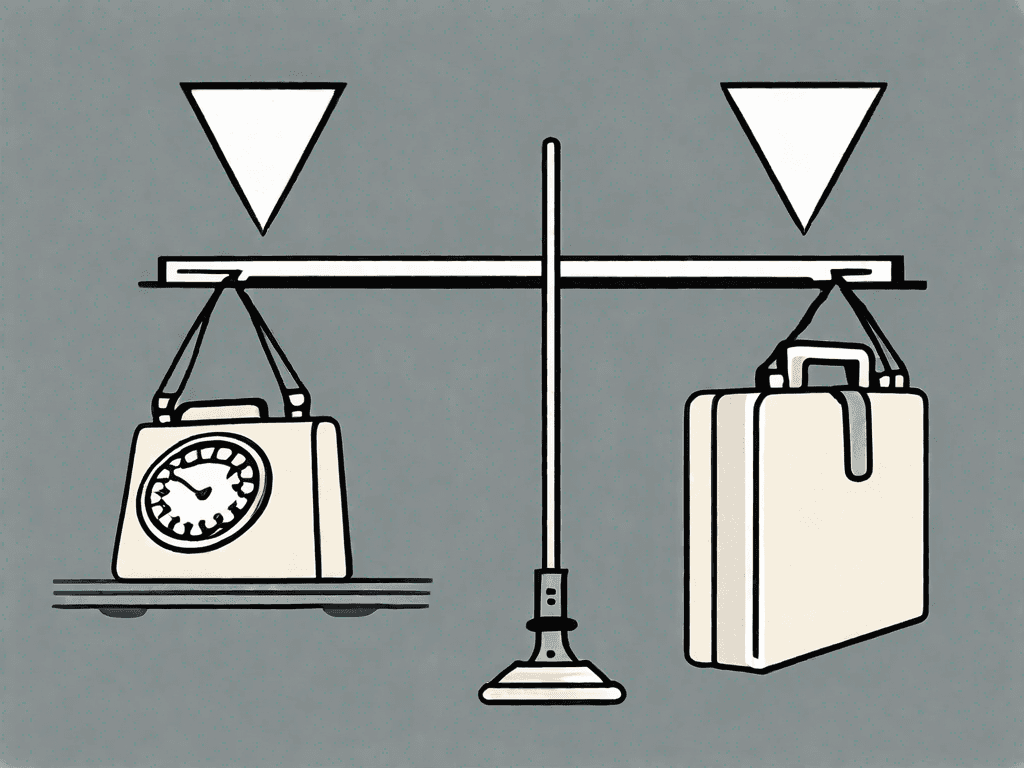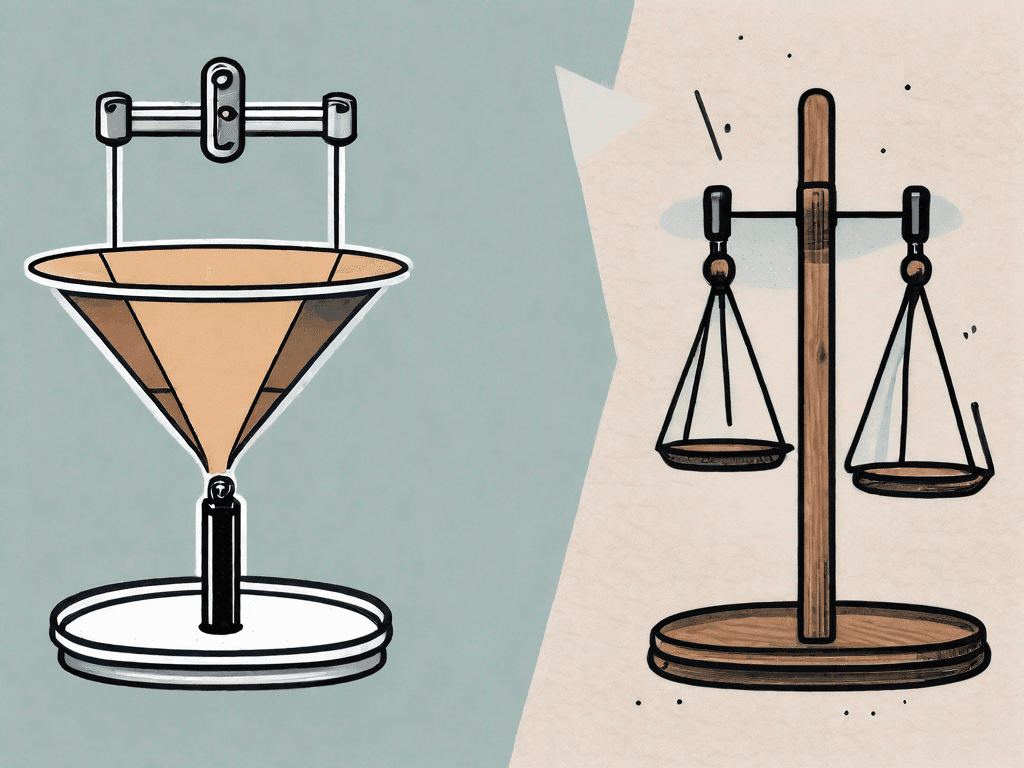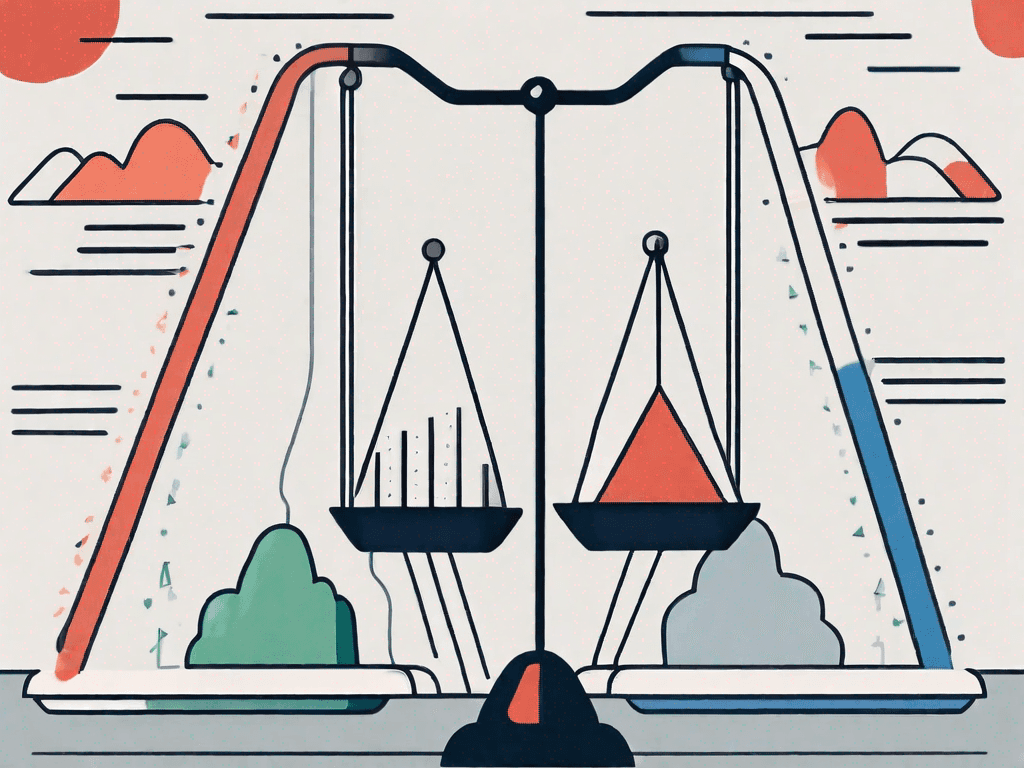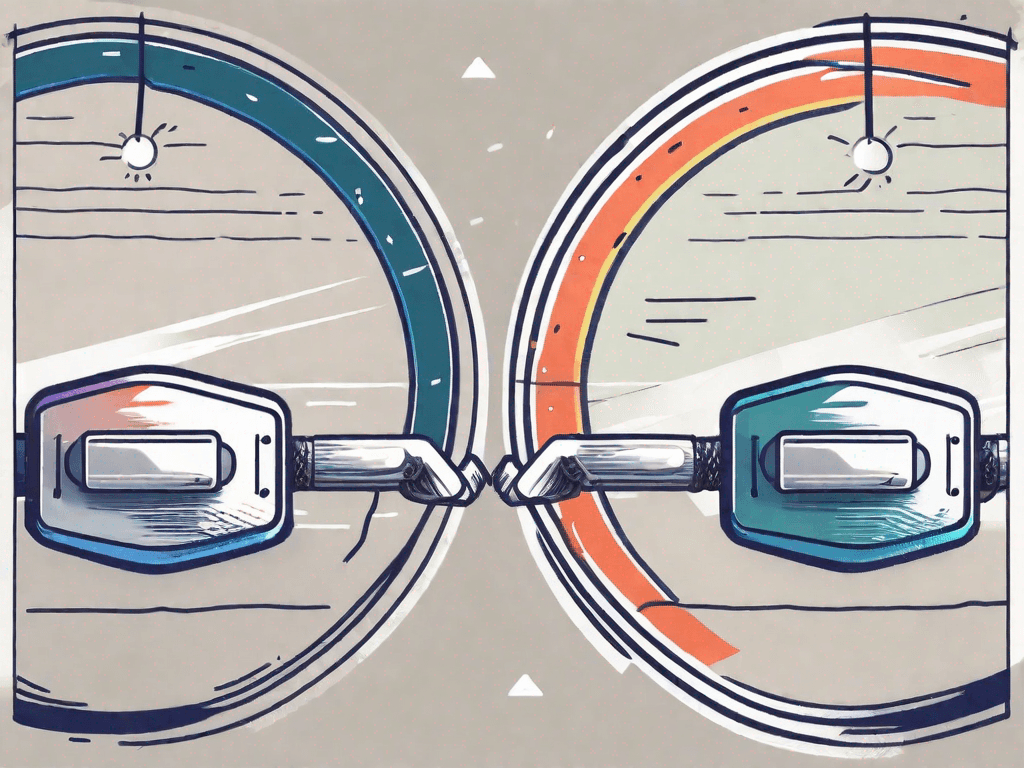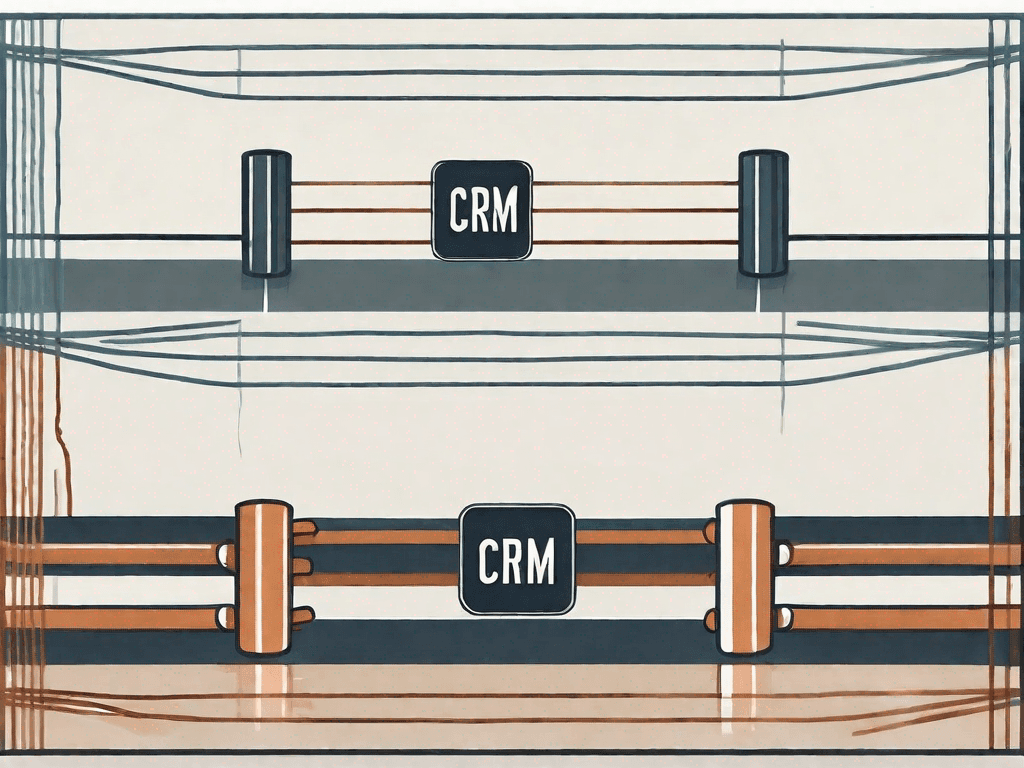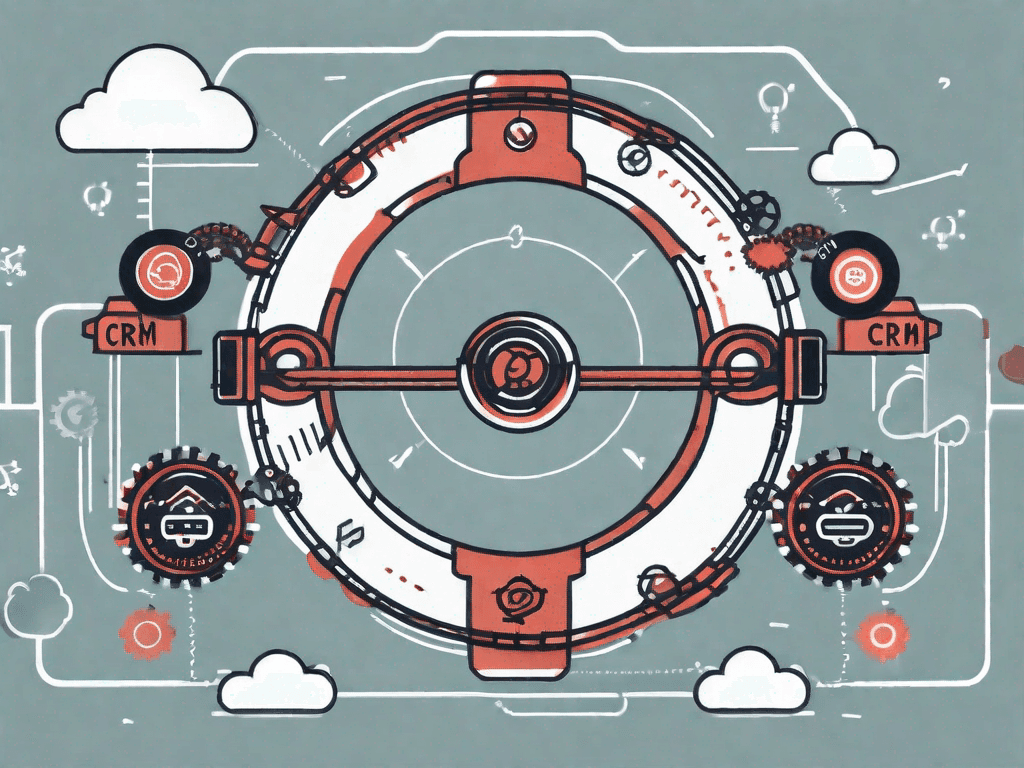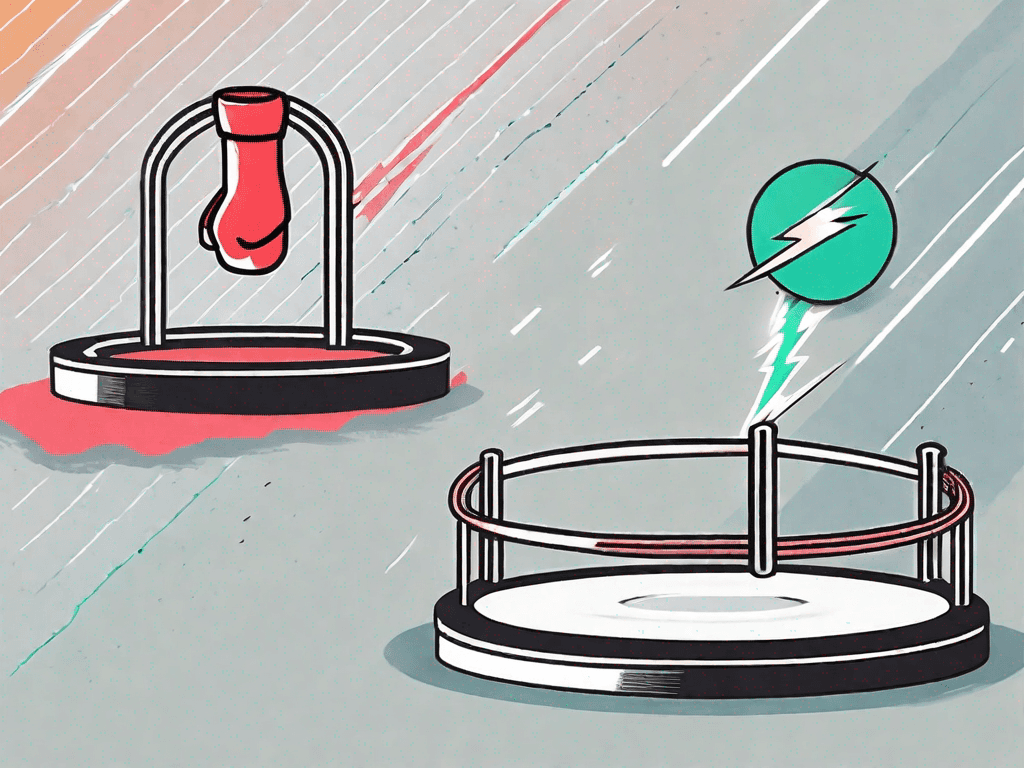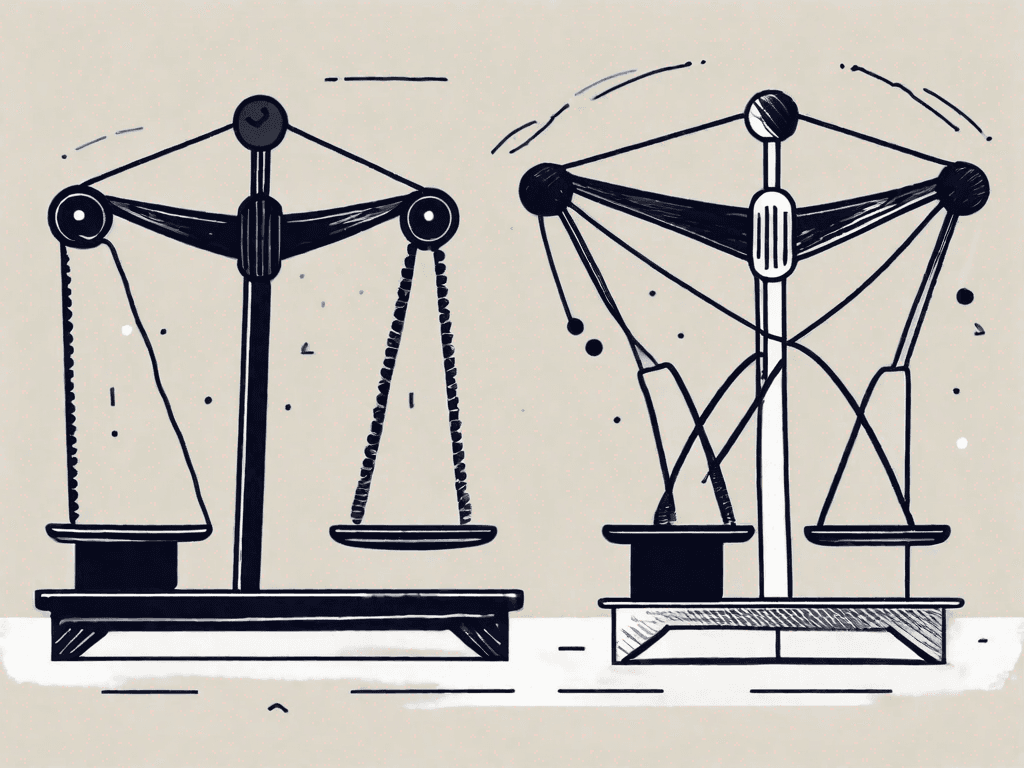
The Ideal Sales Pipeline Template for PPC Agencies
In the world of pay-per-click (PPC) advertising, efficiency is key. PPC agencies constantly strive to streamline their processes and maximize their revenue-generating potential. One powerful tool that can help achieve these goals is a well-defined sales pipeline template. In this article, we will explore the ideal sales pipeline template for PPC agencies and how it can revolutionize their approach to client acquisition and revenue generation
The 7 Sales Pipeline Stages PPC Agencies Should Have
A successful sales pipeline template incorporates multiple stages that guide the prospective client from initial contact to becoming a loyal customer. Let's delve into the 7 essential stages every PPC agency should have in their sales pipeline:
Lead Generation: This stage involves identifying potential clients who are interested in PPC advertising. Utilize various lead generation techniques, such as website forms, content marketing, and social media campaigns, to attract qualified leads.During the lead generation stage, it is important for PPC agencies to have a well-defined target audience in mind. By understanding the specific demographics, interests, and behaviors of their ideal clients, agencies can tailor their lead generation efforts to attract the right kind of leads. This may involve creating engaging content that speaks directly to the pain points and challenges faced by potential clients, as well as leveraging social media platforms to reach a wider audience.
Additionally, PPC agencies can also explore partnerships and collaborations with other businesses or influencers in their industry to expand their reach and generate more leads. By tapping into existing networks and leveraging the credibility of established brands or individuals, agencies can increase their chances of attracting high-quality leads who are more likely to convert into paying customers.
Lead Qualification: Once leads are generated, it is crucial to assess their level of interest and potential fit for your services. Qualify the leads based on parameters such as budget, industry, campaign goals, and previous advertising experience.During the lead qualification stage, PPC agencies need to carefully evaluate each lead to determine if they are a good fit for their services. This involves conducting thorough research and analysis to understand the lead's industry, competitors, and current marketing strategies. By gathering this information, agencies can assess whether they have the expertise and resources to meet the lead's specific needs and objectives.
Furthermore, lead qualification also involves assessing the lead's budget and their willingness to invest in PPC advertising. By understanding the lead's financial capabilities, agencies can tailor their proposals and recommendations accordingly, ensuring that they provide realistic and feasible solutions that align with the lead's budgetary constraints.
Needs Analysis: This stage involves understanding the specific needs and objectives of the potential client. Conduct thorough discussions and gather essential data to tailor customized solutions that align with their goals.During the needs analysis stage, PPC agencies need to have in-depth conversations with potential clients to gain a comprehensive understanding of their goals, challenges, and expectations. This involves asking probing questions to uncover the root causes of their marketing struggles and identifying the key performance indicators (KPIs) that they value the most.
By conducting thorough needs analysis, PPC agencies can gather essential data and insights that will guide their strategy development process. This includes analyzing the lead's target audience, competitors, and industry trends to identify opportunities for growth and improvement. Armed with this information, agencies can then tailor customized solutions that address the lead's unique needs and objectives, setting the stage for a successful partnership.
Proposal: Create a detailed proposal outlining the recommended PPC strategies, estimated budget, and expected outcomes. Present this proposal to the client, emphasizing how it addresses their unique needs and objectives.Once the needs analysis is complete, PPC agencies can proceed to create a comprehensive proposal that outlines their recommended PPC strategies. This includes detailing the specific tactics, platforms, and tools that will be utilized to achieve the lead's goals.
In addition to the strategies, the proposal should also include an estimated budget that outlines the costs associated with implementing the PPC campaigns. This transparency is crucial in managing the client's expectations and ensuring that both parties are aligned in terms of financial commitments.
Furthermore, the proposal should also highlight the expected outcomes and key performance indicators (KPIs) that will be used to measure the success of the PPC campaigns. By setting clear expectations from the beginning, agencies can demonstrate their expertise and showcase how their strategies will directly contribute to the lead's business growth.
Negotiation: In this stage, engage in negotiations with the client to reach a mutually beneficial agreement. Address any concerns or objections they may have and explore options for customization or additional services.During the negotiation stage, it is common for potential clients to have concerns or objections regarding the proposed PPC strategies or budget. PPC agencies should be prepared to address these concerns and provide satisfactory solutions that alleviate any doubts or hesitations.
This stage is also an opportunity for agencies to showcase their flexibility and willingness to customize their services to meet the lead's specific requirements. By being open to negotiation and exploring options for additional services or adjustments to the proposed strategies, agencies can demonstrate their commitment to delivering value and ensuring the client's satisfaction.
Contract: Once an agreement is reached, prepare a comprehensive contract that outlines the terms and conditions of the partnership. Ensure that all parties are in agreement before signing.After the negotiation stage, it is crucial for PPC agencies to formalize the partnership by preparing a comprehensive contract. This contract should clearly outline the terms and conditions of the partnership, including the scope of work, payment terms, and any additional agreements or clauses that are relevant to the project.
Before signing the contract, it is important for all parties involved to carefully review and ensure that they are in agreement with the terms outlined. This step is essential in establishing a solid foundation for the partnership and minimizing any potential misunderstandings or disputes in the future.
Onboarding: Once the contract is signed, initiate the onboarding process, which involves setting up accounts, conducting introductory meetings, and assigning responsibilities to the PPC team. The goal is to establish a smooth transition from sales to implementation.With the contract signed, PPC agencies can now proceed to the onboarding stage, where they lay the groundwork for the successful implementation of the agreed-upon strategies. This involves setting up the necessary accounts and platforms, such as Google Ads or Facebook Ads, and ensuring that all tracking and analytics tools are properly integrated.
Additionally, the onboarding process also includes conducting introductory meetings with the client's team to establish clear lines of communication and ensure that everyone is aligned in terms of goals and expectations. During these meetings, the PPC agency can also assign responsibilities to their internal team members, ensuring that each task is delegated to the appropriate individuals.
The ultimate goal of the onboarding stage is to establish a smooth transition from the sales process to the implementation phase, setting the stage for a successful and collaborative partnership between the PPC agency and the client.
Example of the Customer Journey in a Sales Pipeline for PPC Agencies Step-by-Step
Now, let's take a closer look at a step-by-step example of the customer journey within a sales pipeline for PPC agencies:
Step 1: Lead Generation - A potential client discovers your agency through targeted advertising or word-of-mouth referrals.
Step 2: Lead Qualification - You assess the lead's needs, budget, and compatibility with your agency's services.
Step 3: Needs Analysis - You conduct a detailed discussion with the lead to understand their specific objectives, target audience, and desired outcomes.
Step 4: Proposal - Based on the needs analysis, you create a custom proposal that outlines the recommended strategy, estimated budget, and expected results.
Step 5: Negotiation - Both parties engage in negotiations to address any concerns or modifications needed in the proposed strategy.
Step 6: Contract - Final terms are agreed upon, and a contract is signed by both parties, solidifying the business partnership.
Step 7: Onboarding - The onboarding process begins, where accounts are set up, team introductions are made, and the client's goals and expectations are clarified.
Why PPC Agencies Need This Sales Pipeline Template?
Implementing an effective sales pipeline template can bring numerous benefits to PPC agencies. Let's explore two key advantages:
1. You'll save time managing pay-per-click advertising with PPC Agencies.
With a well-defined sales pipeline, PPC agencies can save valuable time and resources by automating and streamlining key processes. By implementing standardized stages, agencies can efficiently navigate through the sales journey, ensuring that each step receives the necessary attention and focus. This enables the PPC team to focus on creating and optimizing campaigns rather than getting mired in administrative tasks.
2. You'll grow revenues faster by excelling in PPC campaigns.
A sound sales pipeline template allows PPC agencies to consistently deliver exceptional service to their clients. By following a structured approach, agencies can ensure that no crucial steps are missed during the sales journey. This level of consistency and attention to detail builds trust with clients and enhances their overall experience, increasing the likelihood of recurring business. Satisfied clients are also more likely to refer the agency to others, contributing to a steady growth in revenues.
In conclusion, a well-defined sales pipeline template is an invaluable tool for PPC agencies seeking to optimize their client acquisition process and boost revenue generation. By incorporating the 7 essential stages and following a step-by-step approach, agencies can enhance efficiency, provide consistent service, and ultimately excel in the world of PPC advertising.











![The 8 Best Social CRM Software in 2025 [Comparison]](https://framerusercontent.com/images/RYHyYapdgIi83BEWtMdX418.png)
![The 6 Best LinkedIn CRM in 2025 [Comparison]](https://framerusercontent.com/images/Luywfni7ZKjb19yghbhNPy4I4qQ.png)



![The 5 Best Twitter CRM [Comparison]](https://framerusercontent.com/images/EWcbvYnVZglJLO8jp3OlHkTvsHo.png)
































































































































































